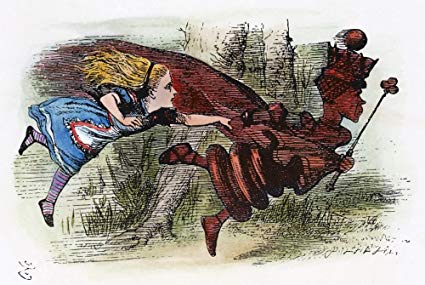Opponents of this approach argue that these differences are simply natural. But are gender equality, on the one hand, and the acknowledgment of natural distinguishing characteristics between the sexes, on the other, mutually exclusive concepts?
For starters, Ridley claims that women and men are naturally different. He believes that most cognitive tests can demonstrate gender differences. For instance, he cites that girls tend to do better at verbal tasks and object memory, while boys often do better in math and tasks requiring spatial logic. However, recent studies have contradicted this claim; https://www.apa.org/action/resources/research-in-action/share
Beyond that, many of the differences between men and women are socially conditioned, since society also influences evolution.
Over the course of generations, evolution transformed the human brain; as the circumstances of our ancestors’ lives changed, so did their brains. At the same time, however, social factors shaped this process.
For instance, a lack of supportive systems for childcare in a society might lead to fewer total births or more children born to wealthier parents. As a result, different genes are passed on to new generations, depending on whether such services are provided.
